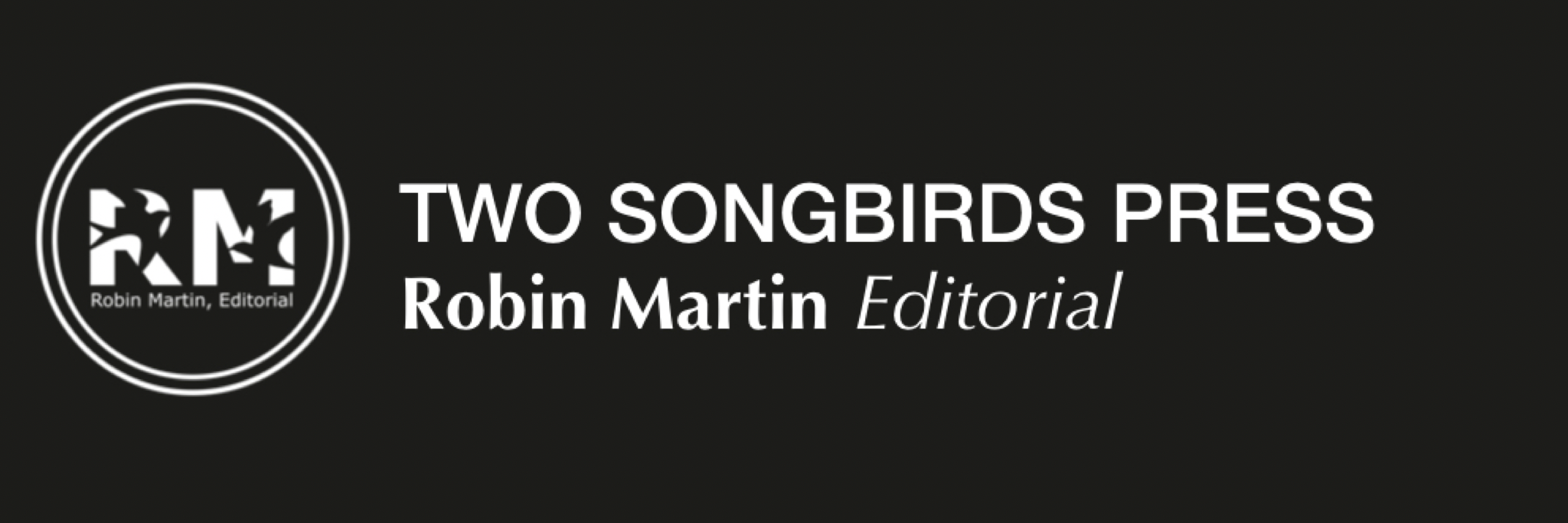- November 18, 2010
- Robin Martin
- No Comments

An Evaluation and Critique of your work provides a professional reader’s insight into the effectiveness of your manuscript.
Some things you can not see because you’re the writer and just too close. Some things your family and friends will never tell you, even if they are themselves writers, because it is just too difficult to articulate some criticism kindly.
A professional reader may have a post-graduate degree in writing, publication credits, time on a literary publication’s editorial staff, experience in a publishing house or literary management agency. A professional reader reads and reads and reads. 
A professional reader may not only have a background in the craft of writing, but may also have insight into what is selling in today’s market and can point out what makes your manuscript compatible with these markets. (You can do some of this research yourself, on sites like Publishers Marketplace and Writers Market, but do you wake up every morning and read the latest Deals? A professional reader does.)
My E & Cs don’t follow a predetermined format. Unfortunately for my time management, but I think fortunately for my clients, I don’t have a template for the E & C where I can just fill in the blanks for each manuscript. I start fresh with each one, and then am able to customize the E & C based on the client’s goals for the project and where they are. I think this second part is especially important.
 Where they are: Example- S wants to know if she has any talent and should pursue her dream of writing. Am I going to focus on her overuse of adverbs, inconsistent verb tenses and commonly misspelled words? No, I am not. I will focus on the seeds of her manuscript that work and that she can develop and recommend ways for her to grow these seeds. I am going to focus on broad issues of character and plot development through showing and not telling, on how to find details that compel the story forward and draw the reader in. I will mention the correctness issues, but only in passing.
Where they are: Example- S wants to know if she has any talent and should pursue her dream of writing. Am I going to focus on her overuse of adverbs, inconsistent verb tenses and commonly misspelled words? No, I am not. I will focus on the seeds of her manuscript that work and that she can develop and recommend ways for her to grow these seeds. I am going to focus on broad issues of character and plot development through showing and not telling, on how to find details that compel the story forward and draw the reader in. I will mention the correctness issues, but only in passing.
Remember when you used to get those essays returned with no line untouched by the bleeding red pen? ~I like to avoid that feeling.
In another case, E is ready to publish. He wants an E & C before he sends it off to self publish. Am I going to focus on how far he has to go to refine his craft? This is an author who has already determined that he will not get the attention of agents and major houses. This is not his goal. I would focus on and advise him regarding any elements that stand out as particularly ineffective before he goes to print. Such as, if there are any problems with the logic of the story arc, any problems with consistency and characters. I might recommend another pass through to eliminate intrusive filters, for example, working towards moving the reader closer into the story. I would definitely point out patterns of correctness issues, grammar and spelling that may embarrass him when they appear in print.
Two very different examples of an E & C (elements have been changed to protect the identity of the author):



